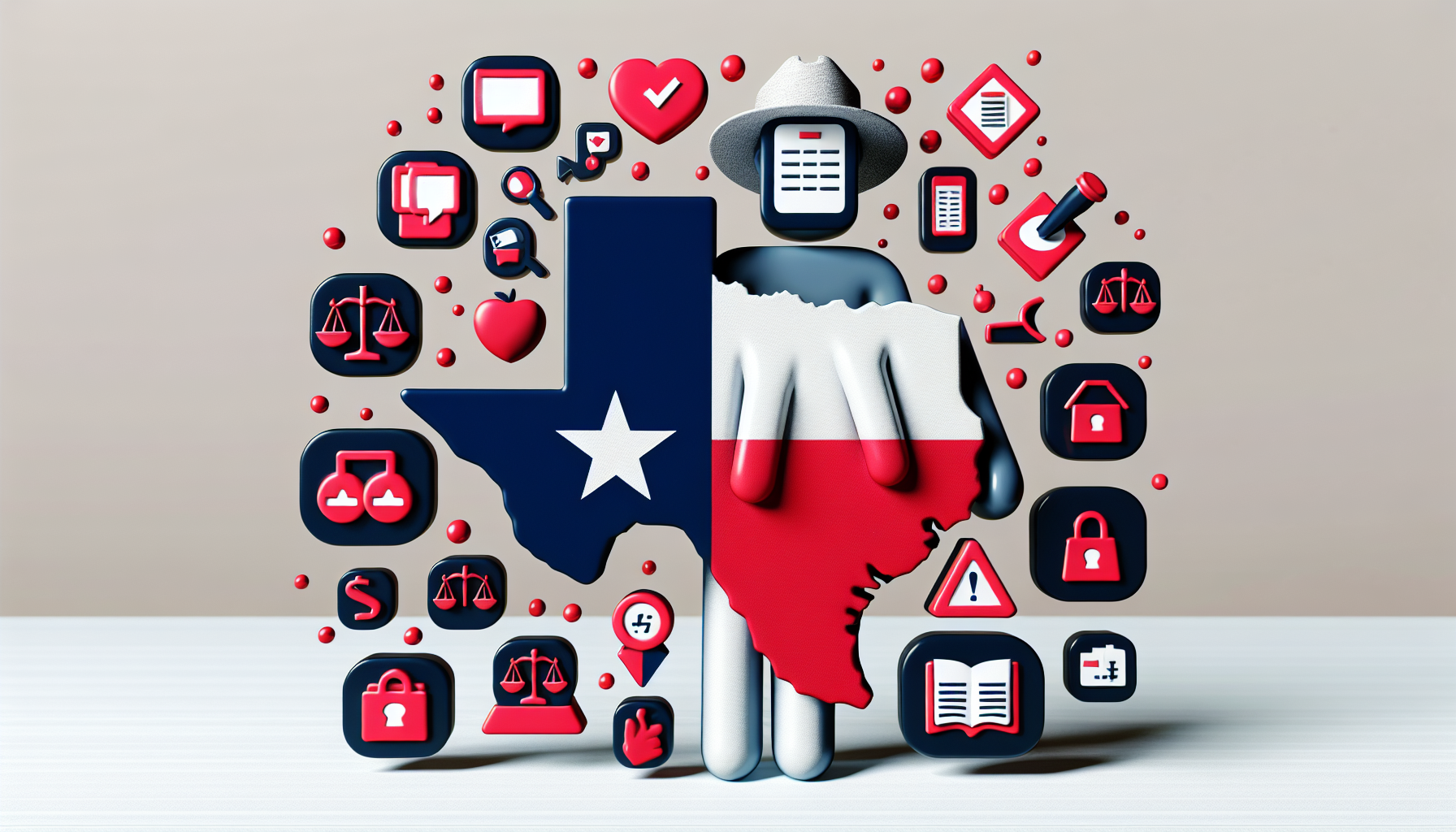
Legal Challenges Emerge for Texas App Store Accountability Act
The recent passage of the Texas App Store Accountability Act has generated considerable debate and legal opposition. This legislation requires app store users to verify their age, prompting lawsuits from prominent industry entities and advocacy organizations. Let’s explore the ramifications and the ongoing legal disputes concerning this statute.
Overview of the Texas App Store Accountability Act
The Texas App Store Accountability Act, slated to be enacted on New Year’s Day, mandates that app store users confirm their age prior to downloading applications or making in-app transactions. For those below the age of consent, parental permission is required for every download or purchase. This regulation places additional obligations on app developers to “age-rate” their apps for various age demographics, raising alarms among industry participants.
CCIA’s Legal Challenge
The Computer & Communications Industry Association (CCIA), a trade group advocating for significant tech firms such as Amazon, Apple, and Google, has initiated a lawsuit contesting the Texas statute. The CCIA contends that this law violates First Amendment rights by limiting access to lawful content and forcing app developers to showcase their products in a manner approved by the state. Stephanie Joyce, CCIA’s senior vice president and chief of staff, articulated these concerns in a recent statement.
Advocacy Groups Enter the Legal Fray
Alongside the CCIA, the student advocacy organization Students Engaged in Advancing Texas (SEAT) has also pursued legal action against the Texas statute. Backed by Davis Wright Tremaine LLP, SEAT claims that the law enforces extensive limitations on access to protected speech and information, infringing on First Amendment rights. The law firm underscores the potential dangers related to the acquisition of personal data, such as government IDs, for age verification.
First Amendment Issues
The primary contention against the Texas App Store Accountability Act centers on First Amendment rights. Opponents assert that the law curtails free speech by restricting content access and compelling developers to adhere to state-mandated standards. These legal challenges highlight the ongoing conversation regarding the equilibrium between safeguarding minors and maintaining free speech in the digital realm.
Privacy and Data Collection Concerns
Another critical issue involves the possible privacy threats connected to the law’s age verification criteria. The solicitation of personal information, including government IDs, brings forth concerns about data protection and the potential for abuse. Such privacy issues serve as a central element of the lawsuits targeting the Texas law.
Conclusion
The Texas App Store Accountability Act has sparked a legal confrontation that underscores the intricate relationship among technology, free expression, and privacy. As these lawsuits unfold, their resolution could significantly affect app stores, developers, and users across the country. The discussion surrounding age verification and content accessibility continues to develop, with heightened scrutiny on how these matters will be adjudicated in the courts.
Q&A
Q1: What is the Texas App Store Accountability Act?
A1: The Texas App Store Accountability Act is a statute mandating app store users to validate their age before downloading applications or engaging in in-app transactions, requiring parental consent for minors.
Q2: Who is contesting the Texas law?
A2: The law is being contested by the Computer & Communications Industry Association (CCIA) and the student advocacy group Students Engaged in Advancing Texas (SEAT).
Q3: What are the primary legal claims against the law?
A3: The primary claims include that the law infringes on First Amendment rights by limiting access to lawful content and enforcing state-approved criteria on app developers.
Q4: What privacy issues are linked to the law?
A4: The law raises privacy concerns due to its demand for collecting personal information, such as government IDs, for age verification, potentially leading to data security vulnerabilities.
Q5: When is the law scheduled to be implemented?
A5: The law is set to be implemented on New Year’s Day.
Q6: How could this legal conflict affect app stores and developers?
A6: The resolution could shape how app stores enforce age verification and content access regulations, possibly impacting developers’ duties and users’ ability to access content.